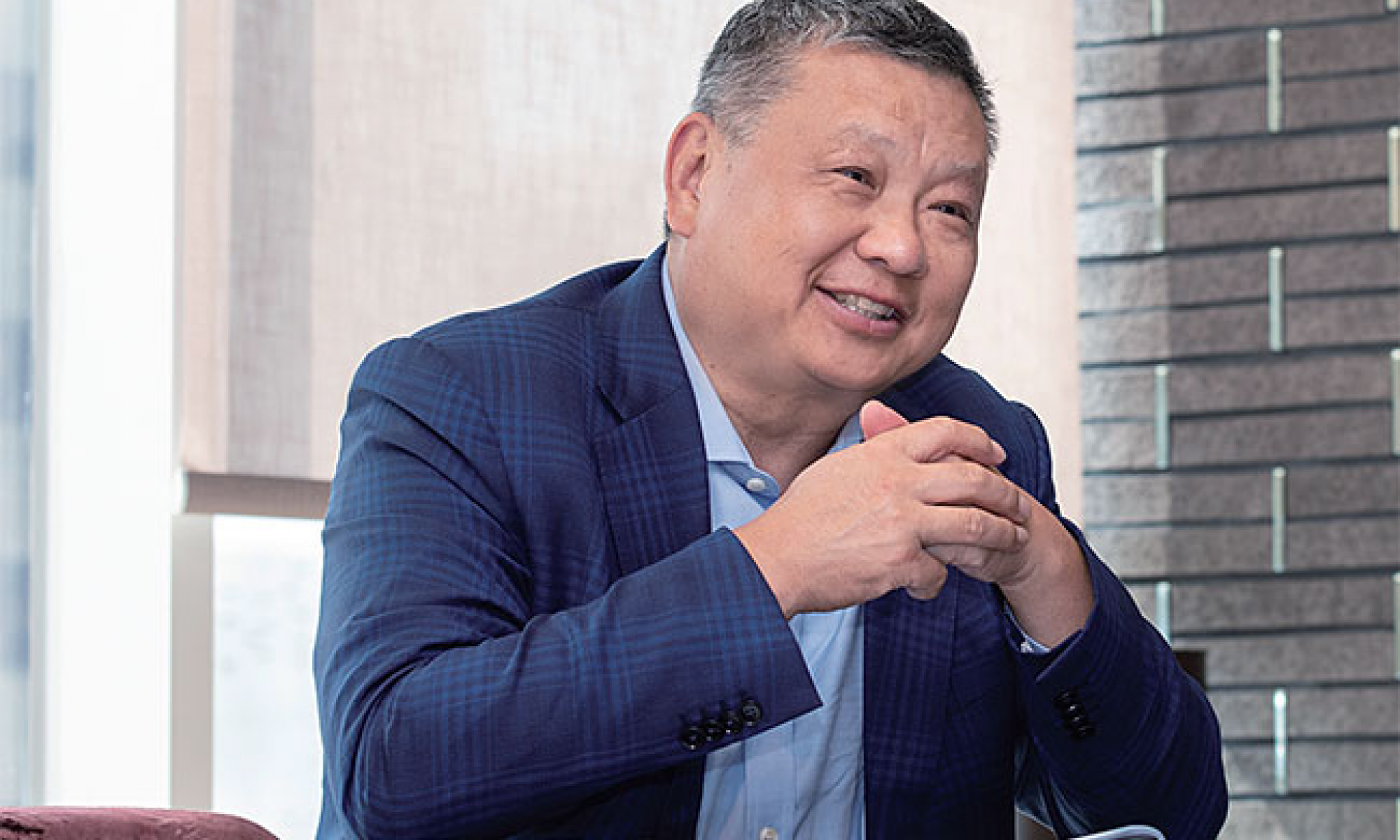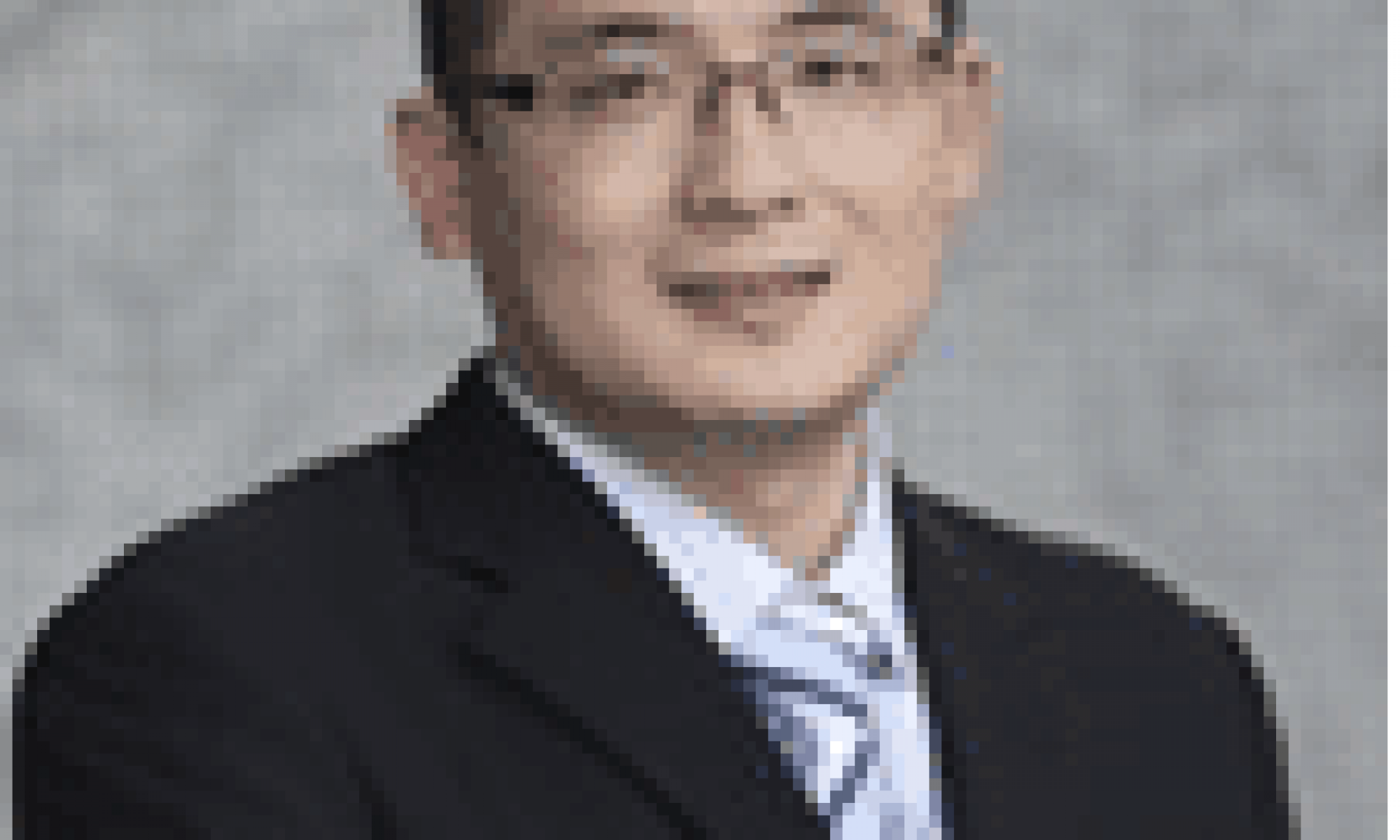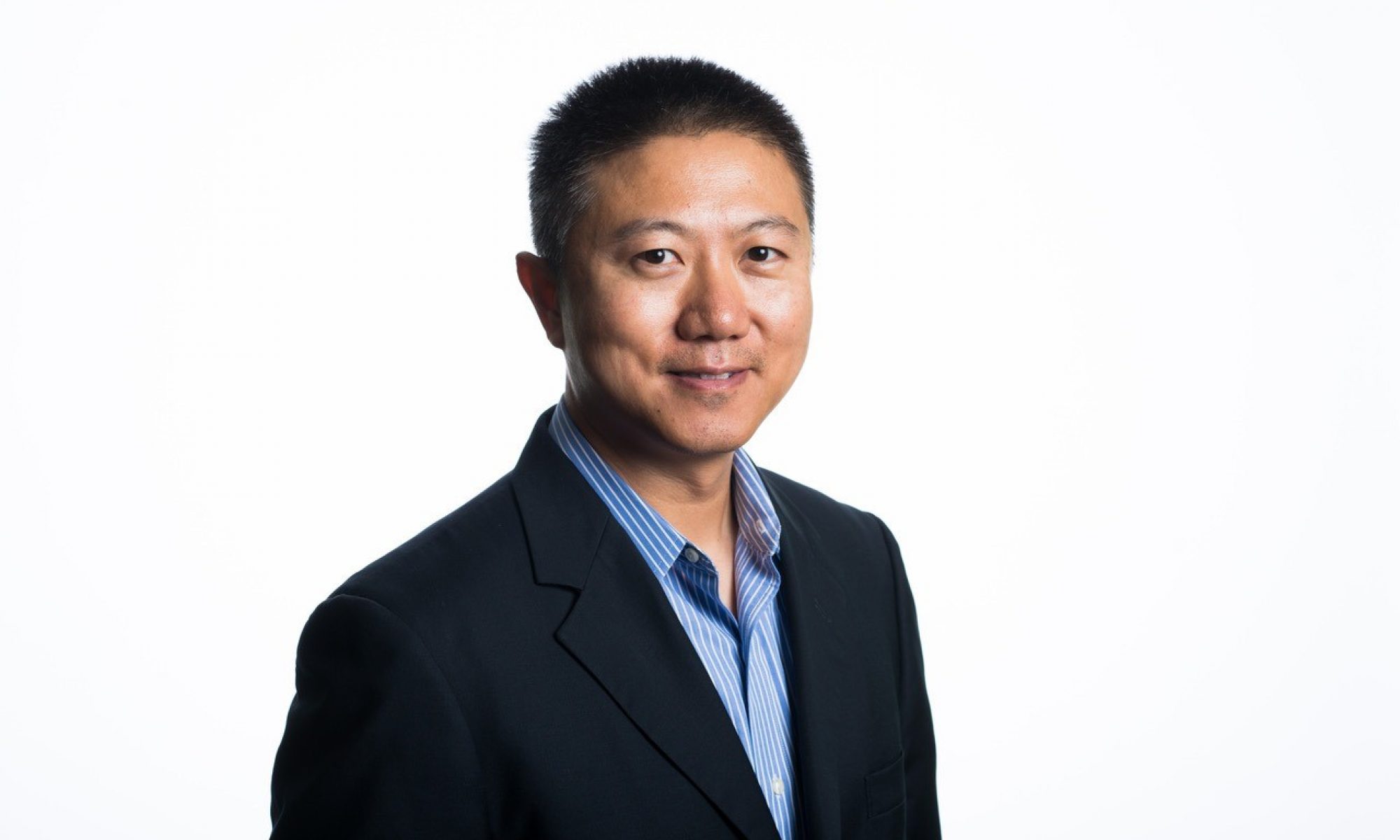
This interview with Dean Xiang Bing was originally conducted and published by Chosun Biz in Korean and has been translated into English.
“In the 300 years since the Enlightenment, the global economy, politics, and culture have all been proposed and led by the Western countries. This trend should be changed through economic alliances between Asian countries, including China and South Korea.”
Cheung Kong Graduate School of Business, established in Beijing, is considered one of the top 4 business schools along with Peking University, Tsinghua University, and China Europe International Business School. Jack Ma, Founder of Alibaba, Liu Chuanzhi, Chairman of Lenovo, Guo Guangchang, CEO of Fosun, and Chen Yidan, co-founder of Tencent are some of the notable alumni of CKGSB. The proportion of alumni of CKGSB in top positions at China’s leading 100 companies is about 20%, making up the ‘Who’s Who of Business in China.’
Q. What is the most remarkable achievement of the two countries during the 30 years of diplomatic relations between Korea and China?
At the time of the establishment of diplomatic relations between Korea and China in 1992, the volume of trade of goods between the two countries was only USD $5.05 billion (about KRW 6.61 trillion).
However, as of 2021, it surged to USD $362.4 billion dollars (about KRW 474.74 trillion).
For South Korea, China has maintained its position as the largest trading partner for as long as 18 years, from 2004 to 2021.
According to data from the U.N Conference on Trade and Development, Korea’s exports to China in 1995 (early in the diplomatic relations between Korea and China) were only 7.31%, but increased to 25.28% in 2021.
The proportion of Chinese imports from Korea, which accounted for only 5.48 percent of total imports in 1995, also increased to 22.53 percent in 2021.
These exchanges are accelerating further due to the Korea-China FTA (Free Trade Agreement) that took effect in 2015.
The growth of the China-Korea relations goes beyond economics. As of April 1, 2021, there were 67,438 Chinese students studying in Korea, accounting for 44.2% of all foreign students (Korea Educational Development Institute). On the other hand, in China, 13 cities, including Hong Kong, have established Korean schools ranging from kindergartens to high school curriculums, with more than 5,400 students and more than 600 teachers working there. The two countries have developed a win-win relationship, covering various fields such as business, education, and culture.
Q. How will the two countries benefit from the Regional Comprehensive Economic Partnership (RCEP), which took effect on January 1 this year?
As of the end of 2021, the population of RCEP member countries comprises of 29.7% (2.29 billion) of the world’s total population and accounts for 30.57% of the world’s GDP ($29.43 trillion).
In particular, RCEP is the first free trade agreement involving all three countries: Korea, China, and Japan. According to data from the International Monetary Fund (IMF), the combined size of the three economies amounts to 25.1 percent of the global economy. RCEP will pave the way for the three countries to develop closer ties in the future. It will increase economic gains by increasing production and trade in these countries, especially in the high-tech manufacturing sector.
Q. Which industrial sector is particularly competitive for Korea in the Chinese market?
Korea has a competitive edge in semiconductors, electronics, and telecommunications. According to the Korea International Trade Association’s top 10 export items to China in 2021, electronic devices accounted for 41.7%, ranking first, and nuclear reactors, boilers, and mechanical equipment ranked second with 10.75%.
By industry, semiconductors, electric vehicles, and secondary batteries steadily dominate the export market. Korea’s new business sector is likely to remain competitive in the Chinese market in the future. This is because they quickly jumped to the early stages of global market growth and secured first-mover status and achieved quantitative growth in the global market.
Q. The Chinese government forecast economic growth of 5.5% this year. However, countries other than China expect China’s growth rate to be below expectations. What do you expect?
The key depends on the deregulation of the Chinese government. Recently, the Chinese government significantly eased regulations on oil, gas, and financial services. In the future, regulations on power generation, aviation, railways, and media may be eased. China’s unique economic system, driven by the government, is very different from that of the Western world. Therefore, it is very difficult to predict China’s economy by the standards of Western countries.
In addition, the impact of technological disruptions on the market cannot be ignored. Explosive growth may occur in areas such as the Internet of Things (IoT), big data, cloud computing, and Blockchain.
Therefore, an accurate prediction is difficult to make. However, given China’s unique economic system, this target is not impossible.
Q. You invented a unique concept called the Confucian Economic Sphere. Could you tell us about it?
In 2017, I coined CES, which stands for the Confucian Economic Sphere, combining four regions of China (including Hong Kong, Macau, Taiwan and mainland China) and eight economic regions, including Japan, Korea, Singapore, and Vietnam. As of 2021, CES’ GDP was USD $26.145 trillion (about KRW 3.4220 trillion), accounting for 27.15% of the world’s GDP. As of 2021, the number of CES companies among the “Fortune Global 500 Companies” stood at 215, accounting for 42%. In addition, the impact of CES is huge as the IMF expects it to drive global economic growth in the future.
“Korea and China are the main pillars of CES, both countries shall lead the world economy in the future.”
Q. What strengths does CES have over other economies?
In Samuel Huntington’s book, Clash of Civilization, he predicted that future wars would be fought over cultures. However, CES, which share the ideology of Confucianism and has relatively minor cultural differences.
I often visit Korea or Japan on business trips, and I have rarely felt a great cultural gap. But similarity this is not the only advantage. Even within CES, political and economic models between countries are different. They can learn from each other’s models.
Q. What should Korea and China do to continue a positive relationship in the future?
There is so much room for cooperation between the two countries. The markets of both countries can be further opened through RCEP, and new opportunities can be further expanded with the Comprehensive and Progressive Trans-Pacific Economic Partnership (CPTPP) and the China, Korea and Japan FTA. The relation between these three countries, China, Korea and Japan, should be reborn as future-oriented and go beyond historical conflicts of the past. We cannot dwell on the past and neglect our present interests. In fact, all EU member states were in territorial and religious disputes in the past. These three countries, which are the main pillars of CES, should create a more future-oriented relationship.
Until now, we have jumped on and followed the world order and values that the West has created. But now, CES should be at the center and contribute to the world by creating Asian values.
Q. How can CKGSB contribute to this goal?
As I emphasized, we should move beyond history and towards the future. At CKGSB, we’ve been nurturing a global mindset and global values from the start among our students.
I hope that the alumni of CKGSB will be able to contribute to the development of both countries within the framework of CES.






















